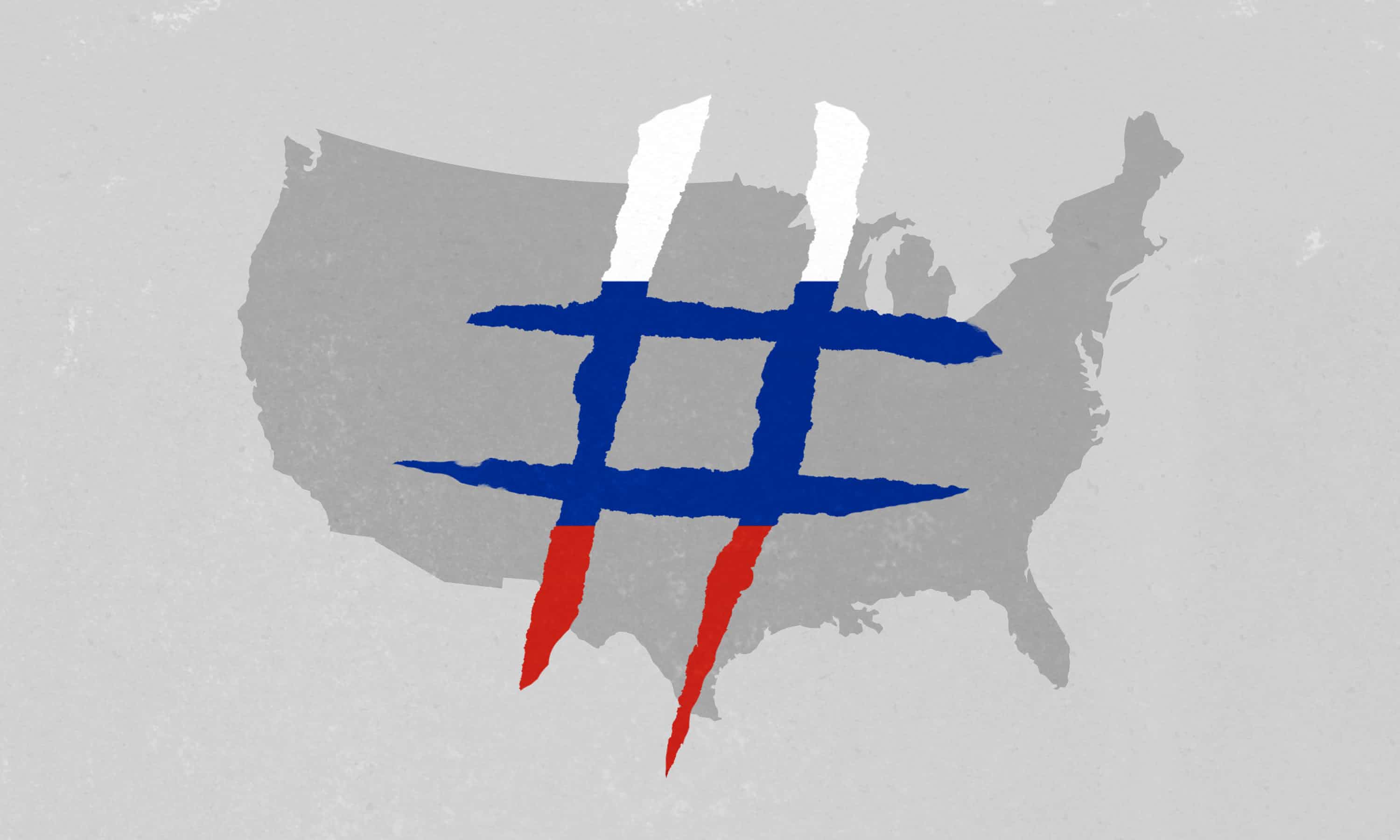
GOVERNMENT IT REPORT FTC Tightens Screws on Social Media Influencers
GOVERNMENT IT REPORT FTC Tightens Screws on Social Media Influencers https://csuiteold.c-suitenetwork.com/wp-content/uploads/2017/10/government-it-report-ftc-tightens-screws-on-social-media-influencers-1.jpg 620 360 C-Suite Network https://csuiteold.c-suitenetwork.com/wp-content/uploads/2017/10/government-it-report-ftc-tightens-screws-on-social-media-influencers-1.jpg
Future Digital Finance West | Dec 4-5 | Phoenix, AZ
Hear 30+ digital finance leaders who are transforming the industry address omni and mobile banking strategies, customer-centric digital innovation and emerging fintech that solves real customer problems. 25% discount available to finance execs. A WBR Event. View agenda and learn more.
Social media influencer advertising has become a major factor in e-commerce.
Marketers of both big and small brands long have committed large chunks of their advertising budgets to endorsements by well-known personalities, in an effort to influence consumers to purchase products and services.
Social media influencer campaigns are based on that tried-and-true formula, but the implication is that the endorsements are voluntary.
The U.S. Federal Trade Commission has taken notice of social media influencer programs and has expressed concern over whether endorsements are voluntary or are compensated with money or other valuable incentives.
Failure to disclose a commercial relationship between the marketer and the influencer constitutes an unfair or deceptive business practice, according to the FTC.
“Consumers need to know when social media influencers are being paid, or have any other material connection to the brands endorsed in their posts,” said acting FTC Chairman Maureen Ohlhausen when the agency recently settled a social media influencer case.
That settlement should send a message that commercial connections in social media endorsements “must be clearly disclosed, so consumers can make informed purchasing decisions,” Ohlhausen said last month in a settlement notice.
The FTC’s concern stems from its historic role of ensuring that consumers are protected from false and misleading advertising.
Aggressive Approach
At the same time that it revealed the settlement, the FTC sent warning letters to a group of influencer personalities, including actresses Lindsay Lohan and Lisa Rinna, informing them of the need to observe federal regulations. In addition, the commission published updated regulatory guidelines directed specifically to social media influencer advertising.
The burst of FTC activity underscored the commission’s increasingly assertive posture in regulating social media influencer programs. The FTC recently reached settlements with marketers for Lord & Taylor, Warner Brothers and Sony for failing to observe federal regulations covering social media influencer campaigns.
Last month’s settlement was the agency’s first enforcement action aimed directly at the influencer personalities themselves.
“While this is the first instance of social media influencers settling claims of misrepresentation online, it likely will not be the last,” Phyllis Marcus, a partner at Hunton & Williams, noted in an online post.
The FTC’s actions on social media endorsements “have gone all up and down the marketing chain,” she told the E-Commerce Times.
Multiple Connections
The recently settled case involved the owners of CSGO Lotto, an online gaming service. First, Trevor Martin and Thomas Cassell, two social media influencers widely followed in the Internet gaming sector, deceptively endorsed the services of CSGO Lotto, “while failing to disclose they jointly owned the company,” the FTC charged.
Second, the two owners compensated various well-known personalities in the gaming business with money or credits valued between US$2,500 and $55,000 per transaction to endorse CSGO Lotto, without adequately disclosing the financial arrangements, the commission said.
“Cassell, Martin, and CSGO Lotto falsely claimed that their videos…






